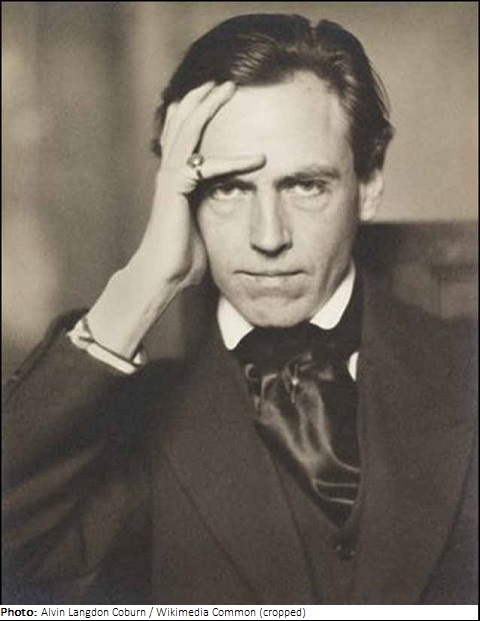
| Roles | Referee |
|---|---|
| Sex | Male |
| Full name | Cyril Meir•Scott |
| Used name | Cyril Meir•Scott |
| Born | 27 September 1879 in Birkenhead, England (GBR) |
| Died | 31 December 1970 (aged 91 years 3 months 4 days) in Eastbourne, England (GBR) |
| NOC |  Great Britain Great Britain |
Born in the Birkenhead suburb of Oxton, Cyril Scott was the son of Greek scholar father, and musically talented mother. It was not surprising, therefore, that Scott would show a gift for one of the arts and, as a piano-playing prodigy at the age of seven, composed his first piece of music. As a 12-year-old he went to study music in Frankfurt. Between 1898-1920 he produced countless works in varying styles and was just 20 when his first symphony was played at Darmstadt. It is safe to say that, whilst he was a prolific English composer, he was better known in Germany and Austria than in his own country at that time.
Such was Scott’s talent that high praise was lavished on him by such composers as Strauss, Debussy and Elgar, who used such adjectives as “innovator” and “original” to describe him. In later life, Scott’s composing took a back seat to his newer interests, including the study of esoteric religions, mysticism and more. He also studied unorthodox medicines, and wrote many books on his new interests, as well as covering his first love of music. He published his memoirs My Years of Indiscretion in 1925, and his autobiography, Bone of Contention, in 1969.
| Games | Sport (Discipline) / Event | NOC / Team | Phase | Unit | Role | As | |
|---|---|---|---|---|---|---|---|
| 1924 Summer Olympics | Art Competitions |  GBR GBR |
Cyril Meir Scott | ||||
| Music, Open (Olympic) | Final Standings | Judge |